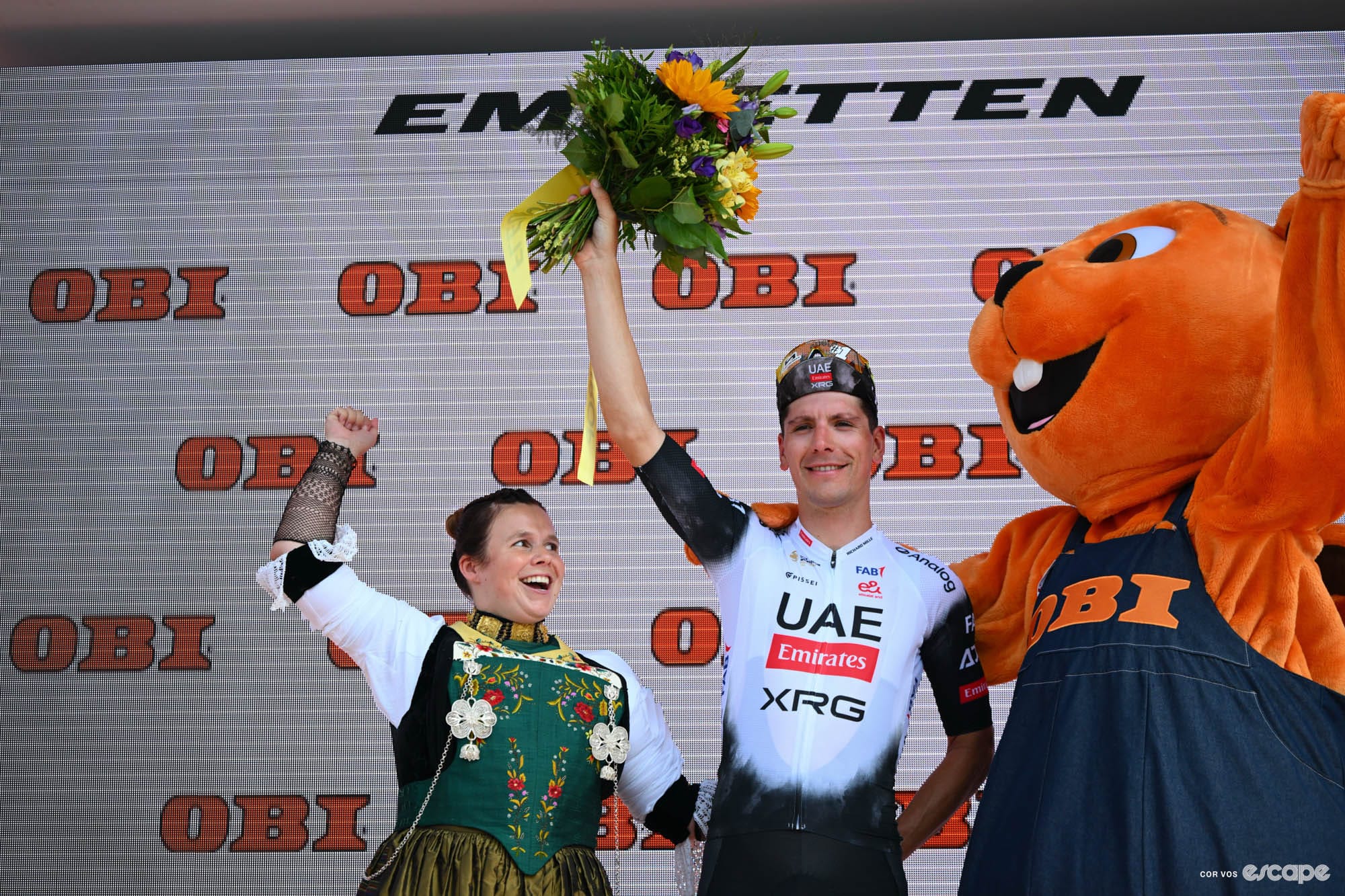The French cycling industry has introduced a new voluntary label called Cyclescore, designed to shed light on the sustainability of bicycles. The label is expected to make debut on new bike models in shops and online this autumn.
Cyclescore features a straightforward A to E rating system, similar to Nutriscore, the food-labelling system that pinpoints the nutritional value of a product.
A higher Cyclescore will signify a more sustainable bike and is based on two main aspects: environmental and social impact. The environmental aspect encompasses factors such as the frame material used, the location of frame production, the painting methods employed, the distance components travel during the production process, the availability of spare parts, the provision of repair documentation, and the length of the warranty offered. Additionally, for e-bikes, the battery is also taken into consideration.
This social impact scrutinises aspects like the production site's greenhouse gas emissions, working conditions, gender equality efforts, inclusivity measures, and sustainable mobility practices among employees.
"Indice France Vélo" label for French manufacturing

Alongside the Cyclescore, the French cycling industry is also launching the “Indice France Vélo," a separate initiative aimed at quantifying the proportion of a bike’s value added that is generated within France. This index will be scored on a scale of 1 to 5 and aims to be less ambiguous than the "made in France" label.
Much like the Cyclescore does with sustainability, the Indice France Vélo is designed to help consumers differentiate between bicycles that are manufactured in France and those that are simply assembled in the country. To be eligible for the Indice France Vélo, a bicycle must meet certain criteria, including design and assembly in France – further points are awarded for aspects like painting and the origin of components.
Drive for more domestic manufacturing
The Cyclescore initiative is the brainchild of a collective of prominent stakeholders in the French cycling sector, including companies like Decathlon, Arcade Cycles, Ultima, La Manufacture Française du Cycle (MFC), and Cyfac, along with consumer groups and other industry representatives. The project has been developed in partnership with the French Agency for Ecological Transition (Ademe) and AFNOR, the French standards organisation.
The introduction of the scores comes at a time when the French cycling industry is striving to increase its domestic bicycle production. Currently, France imports the majority of its bicycles, with only a small percentage being assembled or manufactured in the country. According to a French consumer association Que Choisir, the industry aims to assemble two million bicycles and manufacture 300,000 bicycle frames per year in France by 2030. In 2023, fewer than 650,000 of the 2.2 million bikes sold in France were made domestically.
However, there are concerns about the voluntary nature of Cyclescore. Brands with lower scores may choose not to display the label, potentially reducing its effectiveness. To mitigate this, France Vélo has stated that scoring will be verified by an independent third party.
Rozo, a consulting firm, has been selected to certify brands seeking the Cyclescore label. APIC (Association for the Promotion and Identification of Cycles and Active Mobility), a company specialising in bike security marking, will supply the labels.
The certification of the first bicycles is expected for later his year, and the approved bikes will also be listed online on France Velo’s website. Whether the scoring would also be included in digital bike passports such as the Velopass, which enhances traceability and transparency throughout a bike's lifecycle, is unclear as of yet, but the program could be a model for industry groups in other countries to follow.
Did we do a good job with this story?



